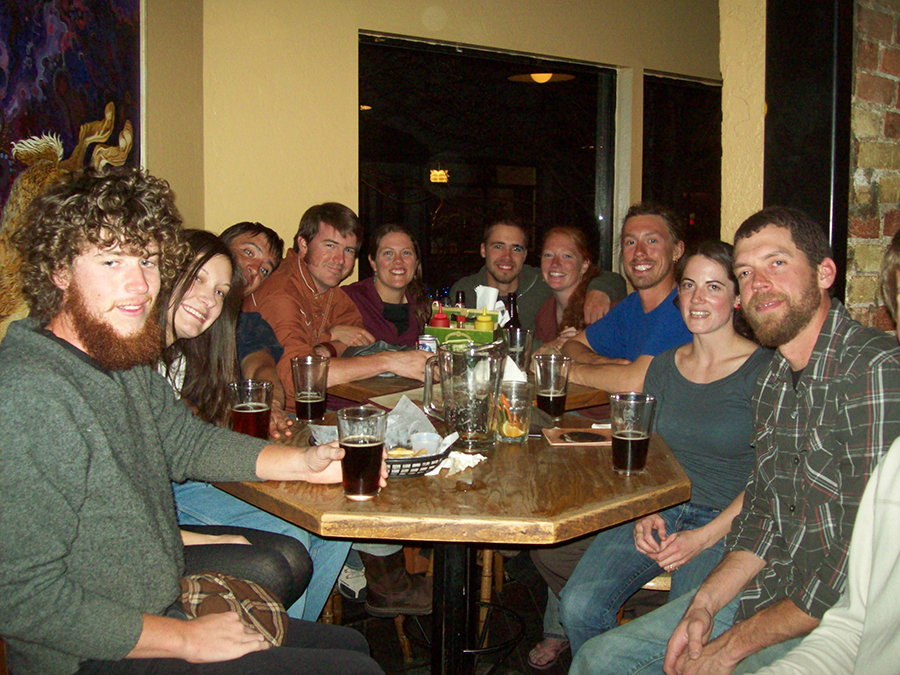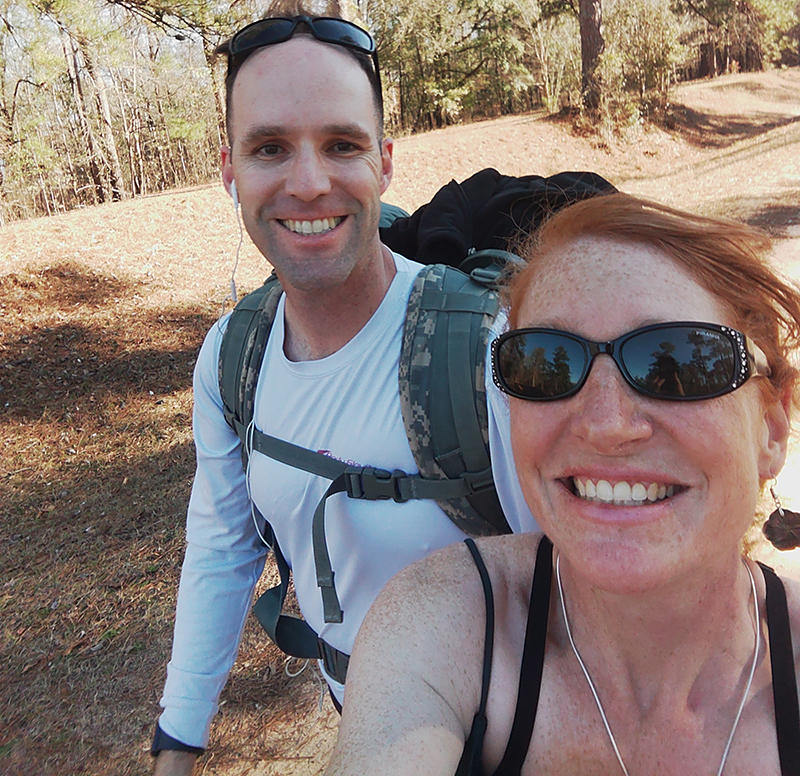Today is NAU employee Afton McKusick’s **checks notes** 10th birthday.
Yup, you read that right. No, child labor laws aren’t an issue. No, it isn’t April Fools’ Day. But it is Feb. 29.
McKusick, a School of Forestry alum who now works for the Center for Service and Volunteerism, is a Leap Year baby—one of the 4 million or so people nationwide born on this rarest of birthdays.
When she was growing up, her unusual birthday wasn’t a big deal; she celebrated on Feb. 28, and the other kids in her classroom didn’t care what day it was as long as they got cupcakes. Her family went to Peter Piper Pizza on Feb. 28 to celebrate.
#DYK? People born on Feb. 29 are called “leaplings” or “leapers.”
Source: ThoughtCo
For the big birthdays, she had big birthday parties—lots of kids running around, and there was always a pinata.
Now she still celebrates either Feb. 28 or March 1, depending on her work schedule; celebrations include dinner with her family and getting two phone calls from her sister with hearty, very bad renditions of “Happy Birthday to You” on both days surrounding her not-birthday.
#DYK? Leap Day happens because the Earth doesn’t circle the sun in an even 365 days—it’s actually 365.242189 days. Over four years, we get four quarters of a day—Leap Day!
Source: ThoughtCo

It can get a little complicated—for example, her 21st birthday didn’t exist. On Feb. 28, she was too young to drink. Then it was 12:01 a.m. on March 1 and she’d been 21 for a whole day—a day that didn’t happen.
“My driver’s license confused the bouncers at the local Flagstaff bars, and we had to explain to them that there was no 29th this year and sometime between Feb. 28 and March 1 was the closest that I was going to get to the 29th that year,” she said. “They all let me in, but there were some who gave us strange looks.”
#DYK? 2000 was a leap year, but 1900 wasn’t and 2100 won’t be. They are divisible by four (a requirement Julius Caesar figured out with the Julian calendar), but turn-of-the-century years must also be divisible by 400 (a requirement Pope Gregory XIII figured out with the Gregorian calendar).
Source: Forbes
Every Leap Year, she goes bigger. For her ninth birthday, in 2020, McKusick had a Mad Hatter murder mystery party with friends and family; it was noteworthy because only a few weeks later, everything shut down and socializing stopped because of the COVID-19 pandemic. For the big 1-0 (double digits!), she and her friends are going to Kauai to soak up the sun, go scuba diving and enjoy Hawaii.
#DYK? In 4 million years, Leap Days won’t be necessary—the Earth’s rotation will have slowed enough to eliminate that extra six hours a year. Source: Forbes
Heidi Toth | NAU Communications
(928) 523-8737 | heidi.toth@nau.edu




